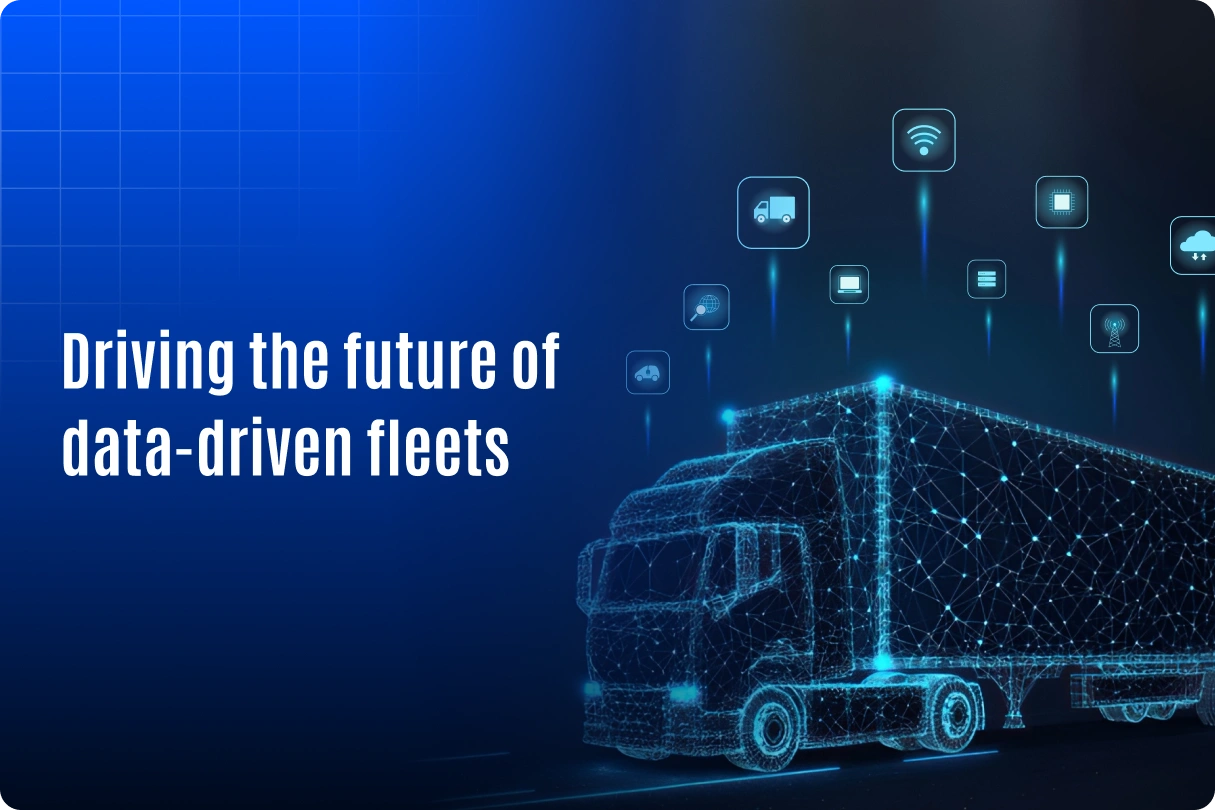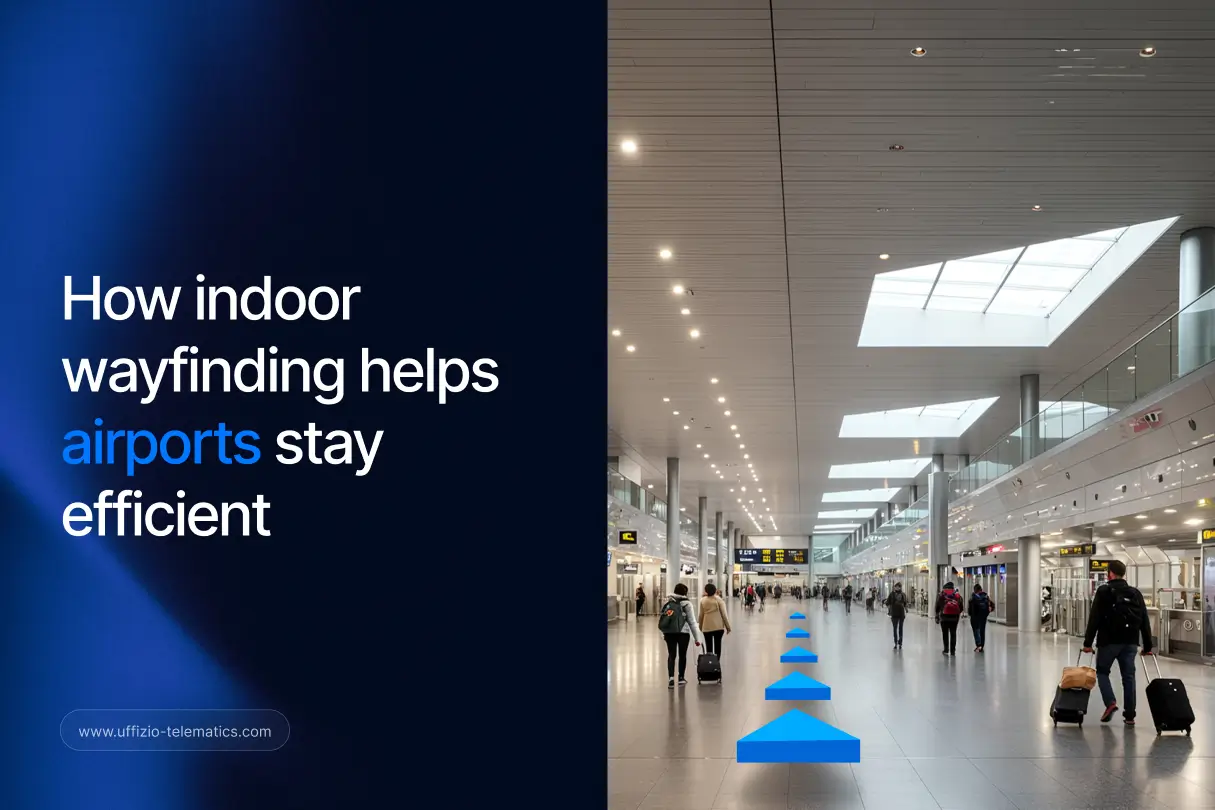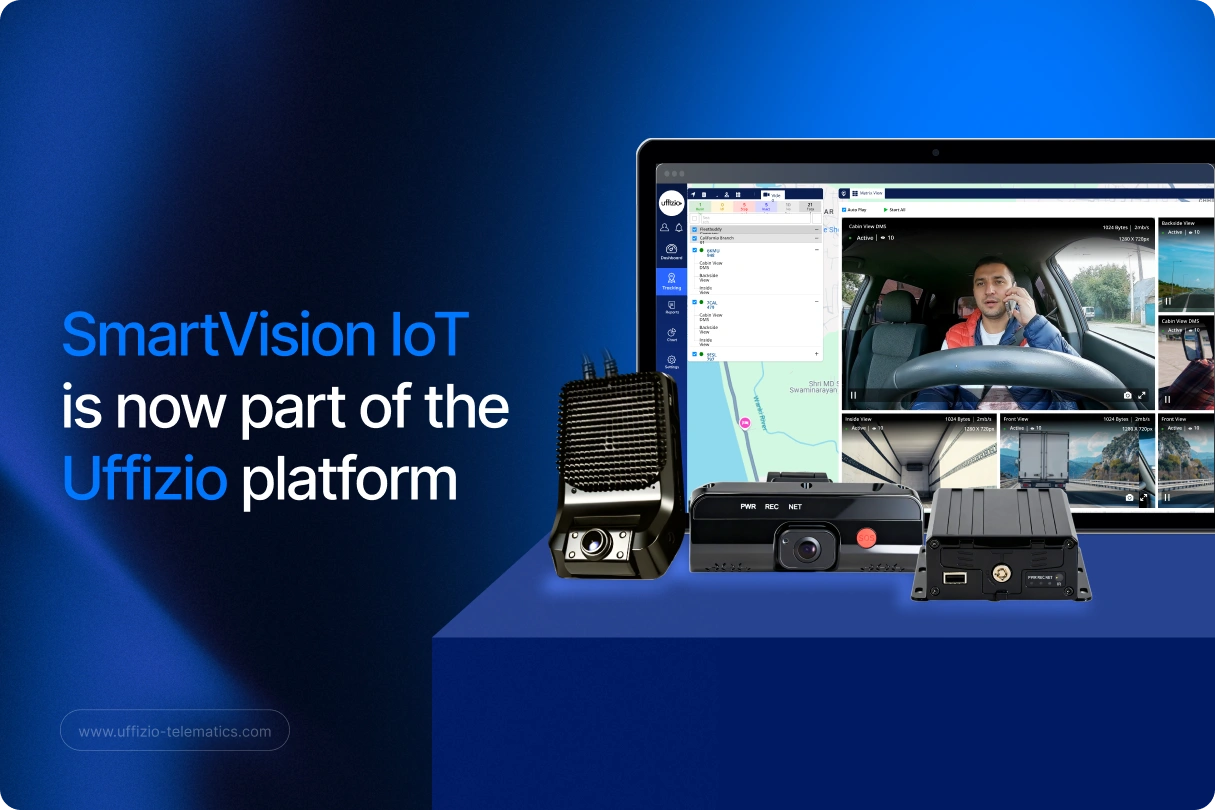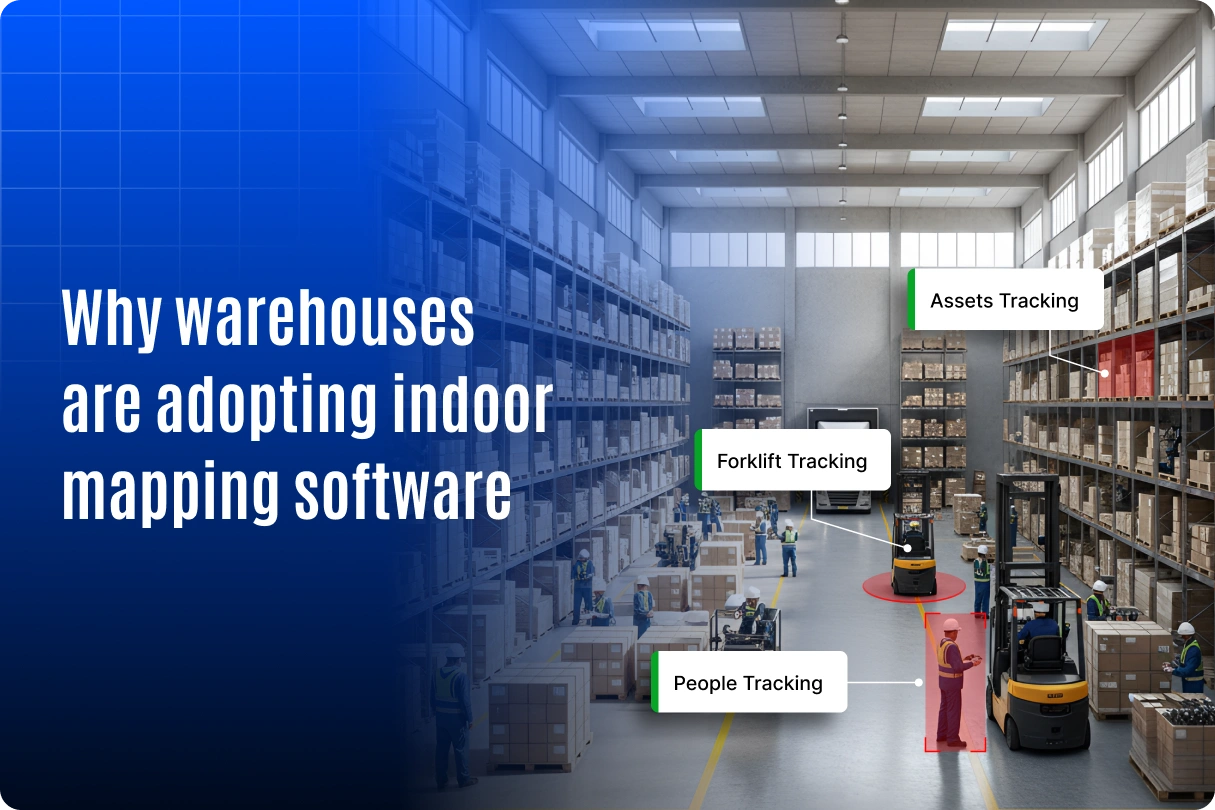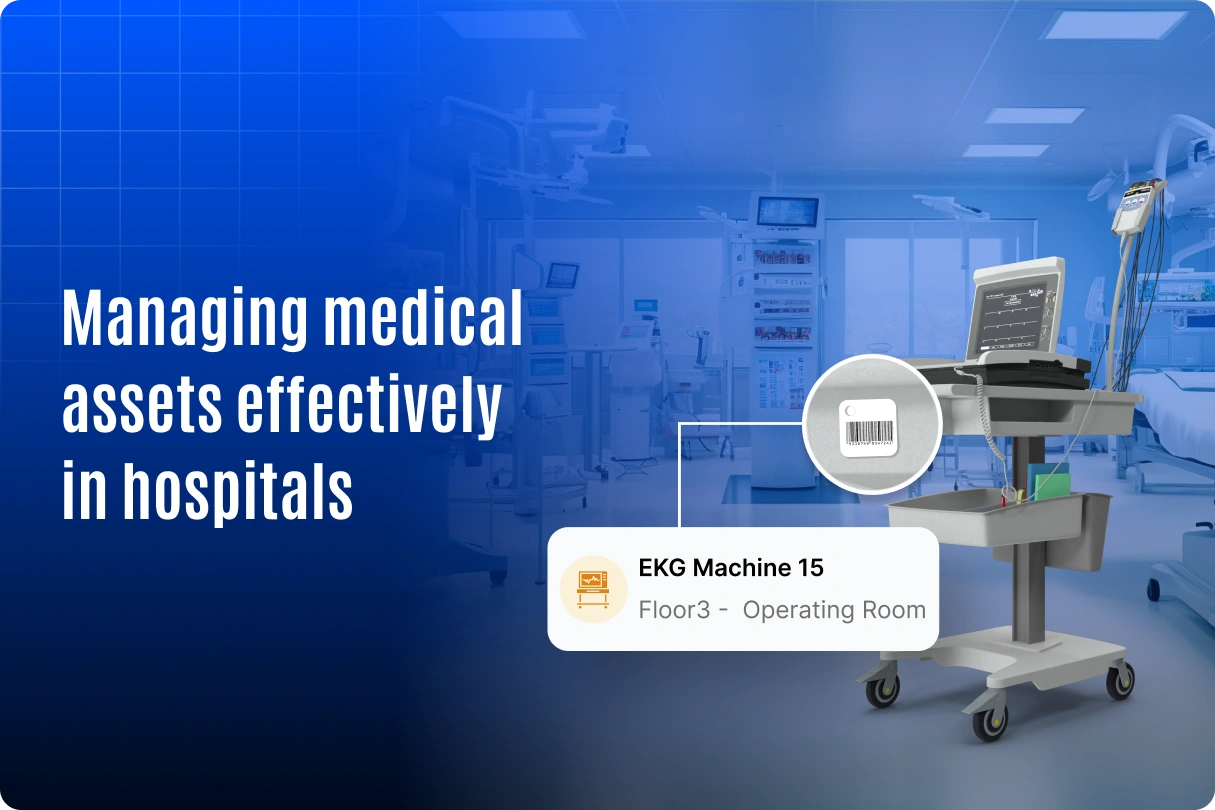The rise of IoT in fleet management marks a major turning point for the transport and logistics industry. What once depended on manual supervision and reactive decisions is now powered by intelligent, connected systems.
Global fleets are moving toward data-driven operations — cutting fuel waste, reducing downtime, and unlocking real ROI. IoT connects vehicles, sensors, and drivers through one network that delivers real-time visibility and smarter decisions. It’s no longer about tracking assets; it’s about building intelligent ecosystems that learn and adapt every day.
Beyond tracking: Turning data into decisions
The true power of IoT isn’t just collecting information — it’s in translating that information into business decisions. Connected devices record every second of movement, performance, and driver activity. When analyzed together, these data points tell a bigger story — one that reveals efficiency gaps, performance trends, and opportunities to save costs.
- Idle time reports uncover wasted fuel hours.
- Engine data highlights performance dips before they become failures.
- Trip patterns reveal better delivery routes and timings.
This isn’t about tracking vehicles anymore; it’s about empowering organizations with insights that lead to stronger ROI and proactive management.
The ROI of intelligence
IoT delivers measurable outcomes that can reshape a fleet’s bottom line. Every insight adds up to tangible savings and performance gains.
Here’s how it drives results:
- Reduced operational costs: Real-time insights help eliminate inefficiencies.
- Optimized routes and utilization: Data ensures each trip and asset performs at its best.
- Higher productivity: Fleets complete more work with the same or fewer vehicles.
- Predictable maintenance cycles: Preventive actions reduce unplanned downtime.
Industry studies show fleets using IoT experience up to 25% less downtime and 30% lower maintenance costs. The data proves it — connectivity equals profitability.
When IoT in fleet management meets AI & Machine Learning
IoT is powerful alone — but when combined with AI and machine learning, it becomes transformational. IoT provides the data. AI and ML provide the intelligence. Together, they turn information into prediction and automation.
- Predictive maintenance anticipates failures before they happen.
- Driver performance analysis improves safety and efficiency.
- Fuel and route forecasting enhance overall productivity.
This convergence creates an intelligent feedback loop where fleets evolve continuously. Every journey trains the system to make the next one smarter. The result? Fleets that think, learn, and improve — automatically.
Global transformation: From fleets to smart ecosystems
IoT isn’t limited to logistics. It’s reshaping how industries around the world operate.
For example:
- Logistics fleets use IoT for real-time shipment visibility.
- EV operators depend on it for battery health and charger analytics.
- Waste management vehicles track route efficiency and collection compliance.
- Public transport systems monitor passenger flow and reduce idle time.
Governments, enterprises, and mobility providers are all reaping the benefits. IoT has evolved into a universal framework for efficiency, safety, and sustainability across sectors.
The future of IoT in fleet management
The next decade of fleet management will be defined by integration. IoT, AI, and advanced analytics will merge to build ecosystems that self-optimize and self-correct. In these intelligent networks, data won’t just inform decisions — it will make them. Automated diagnostics, real-time driver coaching, and connected mobility will become the industry norm.
Businesses that adopt IoT today are preparing for a future where every vehicle, asset, and route works together in perfect sync. This is the era of intelligent operations and it has already begun.
Summary
The journey of IoT in fleet management has moved from tracking vehicles to transforming entire operations. Its ability to generate insights, boost ROI, and integrate with AI is reshaping global fleet ecosystems. Fleets that embrace this transformation gain more than visibility — they gain foresight. The road ahead belongs to intelligent fleets that adapt faster, perform better, and deliver greater value.
